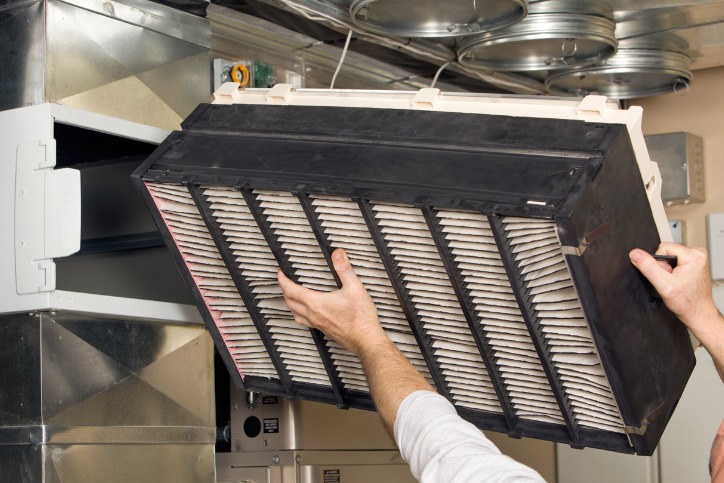If you need a new air conditioner, you might think purchasing a larger unit is the best way to ensure a cool and comfortable home or business. But bigger isn't always better when it comes to cooling systems. In reality, installing an AC system too large for your indoor space can cause various problems. Read on to learn five of the most common drawbacks of having an air conditioner system too large for your property. Our air conditioning company offers comprehensive AC services, including AC repair, to keep your home an inviting and enjoyable environment.
Spoor’s Heating & Air Conditioning is an HVAC repair company offering air conditioning services to residential and commercial properties throughout Northern California. Contact us today to schedule HVAC services!

Costly Cooling Bills
During the summer months, it's common for electric bills to spike, especially with the outdoor heat requiring you to run your AC system around the clock to maintain indoor comfort. However, if you have an oversized air conditioner installed on your property, you’ll likely spend even more on utility bills. Oversized HVAC systems work harder to cool down indoor spaces than those adequately sized for the property. In addition to higher monthly cooling costs, you likely won’t be able to enjoy the benefits of having a cooler home, either.
Higher Indoor Humidity
Fortunately, peak humidity isn’t typically an issue for home and business owners in the Sierra foothills. Yet, humidity can still rise, particularly during warmer months. When the humidity levels rise outdoors, the last thing you want is for your air conditioning system to generate even more humidity indoors. For property owners with the right-size air conditioning systems in their residential or commercial spaces, their systems run long enough to remove the majority of excess humidity from the air. Yet, an oversized system might only run for a few minutes, which isn’t long enough to remove excess humidity from indoor air. This means you’ll have higher humidity levels in your indoor environment, which allow mold and mildew to grow.
Greater Number Of Hot Spots
Among the issues created by AC systems that are too large is the prevalence of hot spots, which occur most often when air cooled by your air conditioner doesn’t adequately disperse throughout indoor spaces efficiently enough. With hot spots, you may notice some of your rooms feel cool and comfortable while others feel hot and humid. Other potential causes of hot spots include inconsistent airflow throughout ducts, blocked or clogged vents, and dirty air filters. For more information about reducing hot spots in your home or business, contact Spoor’s Heating & Air Conditioning.
Reduced Functional Lifespan
Installing an efficient and effective HVAC system in your home or business is a significant investment. Ensuring that your new AC unit or heating and cooling system lives out its full functional lifespan requires choosing a unit that’s the right size for your indoor spaces. At first, it might seem like a larger unit is preferable to a small one.
Yet, oversized AC systems have to work harder and sustain more internal and component damage than properly sized ones. When a cooling system works overtime, it’s more susceptible to premature wear and tear, system breakdowns, and functional failure much earlier than expected. A properly sized system, on the other hand, can help you prevent these issues.
Frequently System Cycling
For air conditioners that operate efficiently, it’s common for each cooling cycle to last about 7–10 minutes at a time. Anything less than this is considered a short cycle, while anything more is called a long cycle. The system is susceptible to overheating whenever your AC system short cycles because the air conditioner can easily become overworked during these brief cycles.
Brief cycling results from constant on-and-off sequences endured by the cooling system. With an oversized cooling system, the system will short cycle once the initial burst of cold air is produced. The best way to avoid short cycling is to ensure that your AC system is properly sized to the size of your property and your cooling demands.
